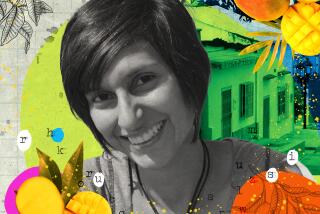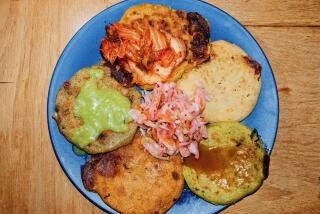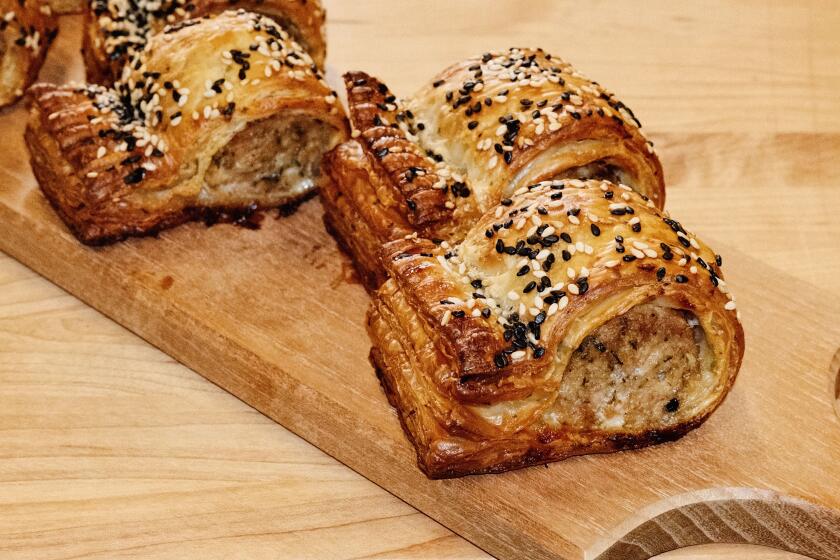She’s trying to fill the void in Salvadoran cookbooks. Will book publishers listen?
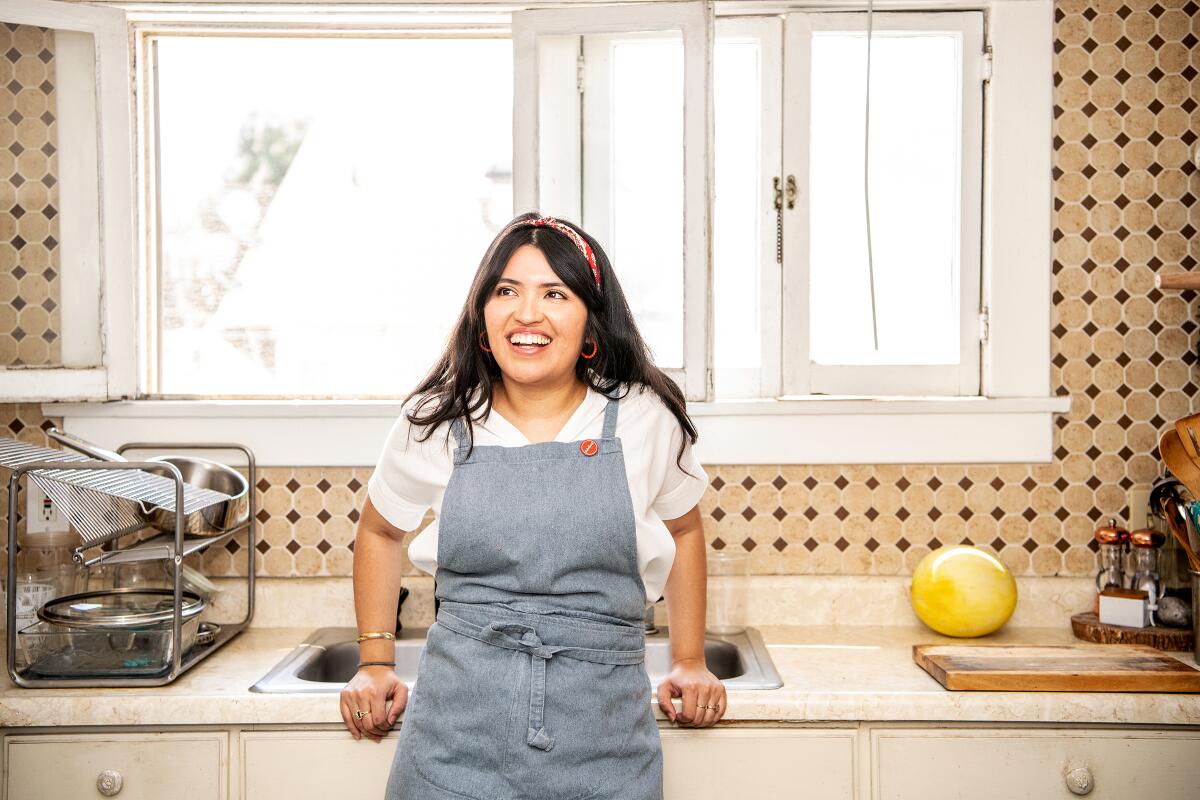
Six years ago Karla Vasquez was a budding home cook learning to make one of her favorite Salvadoran dishes — the minced beef dish called salpicón salvadoreño — when she made a sobering discovery: There are almost no Salvadoran cookbooks currently in print in the U.S.
“I only found two books on Amazon,” said Vasquez, whose family settled in Los Angeles in the late 1980s after fleeing El Salvador’s devastating and protracted civil war.
“I realized that there was no Salvadoran cookbook published by any major publishing house or company in the U.S.,” Vasquez said. “No one is making an effort to document our recipes.”
Vasquez — whose bubbly persona graces BuzzFeed Tasty videos and the popular online Salvadoran cooking classes where she teaches people to make staples like curtido and crispy pastelitos — aims to change that.
In 2015 she founded SalviSoul, a website that documents and celebrates Salvadoran cuisine and the women whose culinary knowledge are keeping those foodways alive in the U.S.
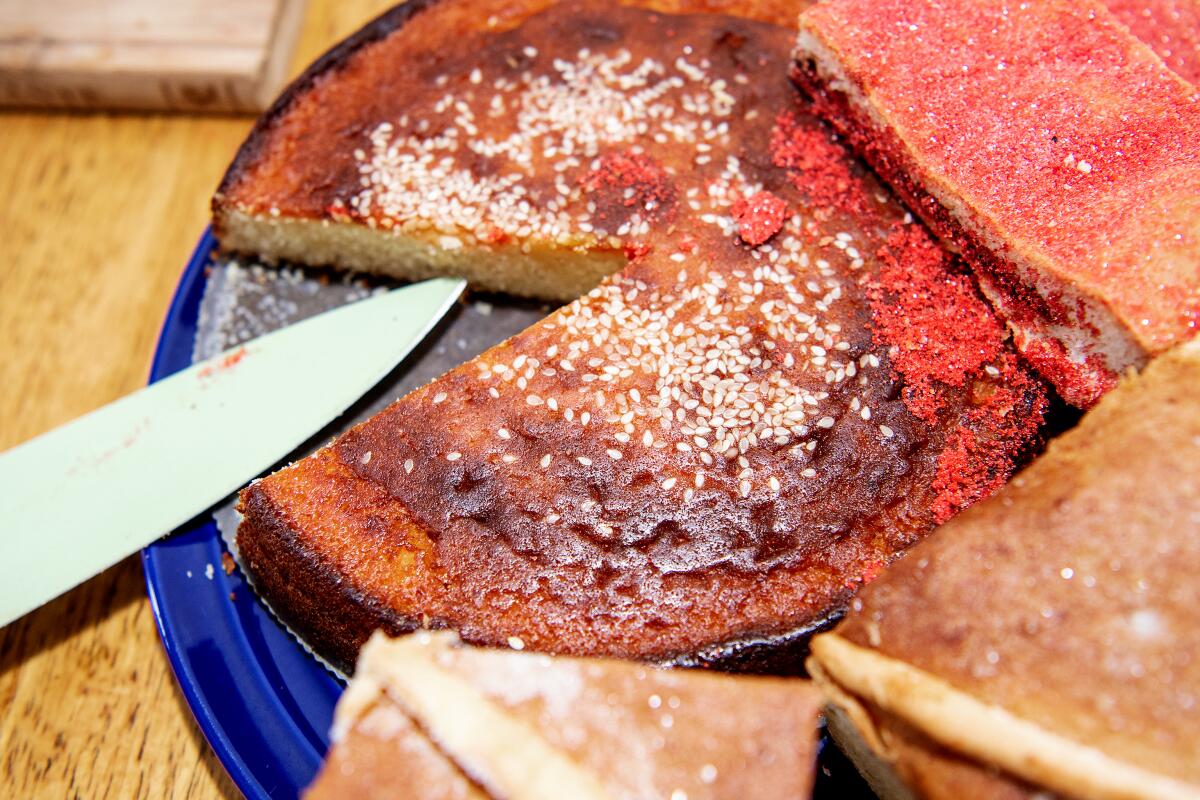
The centerpiece of the project is the SalviSoul cookbook, an ambitious work-in-progress that is part culinary reference and part celebration of Salvadoran resilience.
The book will collect the culinary wisdom of more than 20 Salvadoran American women, including recipes passed down from her late grandmother, Lucia Campos Monterrosa, or Mamá Lucy, the project’s unofficial muse and guiding spirit.
“Lucy was the person who gave me a blessing for the project. She was the very first person who made me feel like this curiosity of mine was worth exploring,” Vasquez said.
Recording the private memories and sorrows of the 25 women in the cookbook has taken time and care. “There’s an ethics to storytelling and the story always belongs to the storyteller,” Vasquez said.
Finding an agent to represent the book also has proved challenging.
Cookbooks, which play a central role in shaping our idea of culture, identity and nationhood, have endured and arguably flourished in the digital age. But Latinx-authored cookbooks, especially books written for and by Central American cooks, are still hard to find.
The publication in early 2020 of Jeanine Cummins’ novel “American Dirt” — widely criticized by Latinx critics, authors and readers for appropriating and warping the immigrant narrative — brought into focus the problem of white gatekeeping in publishing. It also spurred the grassroots campaign Dignidad Literaria and the group Latinx in Publishing, who are advocating for greater Latinx representation at all levels of the industry.
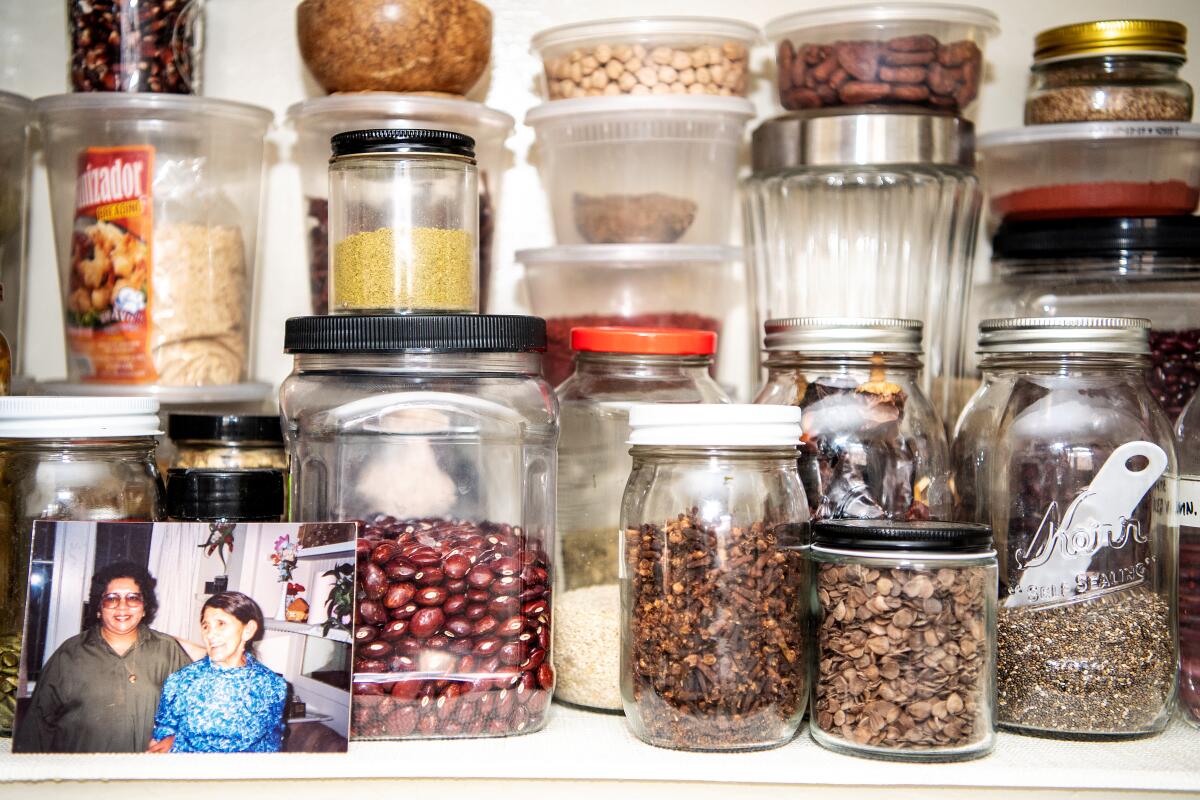
Vasquez’s experience underscores the challenges that writers and chefs face when pitching cookbooks about cuisines that publishers deem “unfamiliar” or unproven.
“One book agent told me that the American public doesn’t know what Salvadoran cooking is,” Vasquez said.
“What has kept me going is realizing I am the American public. There are many people who look like me and who have been longing to see a book like this on shelves.”
What has kept me going is realizing I am the American public. There are many people who look like me and who have been longing to see a book like this on shelves.
— Karla Vasquez, SalviSoul
Earlier this year, Vasquez met with a book agent who seemed to understand the value and significance of her cookbook. But her enthusiasm dampened when the same agent told her she would need more than 10,000 Instagram followers in order to secure a contract. (Currently, SalviSoul’s Instagram account has more than 9,300 followers.)
“She said that more followers would allow her to make a stronger case to publishers that people want my cookbook,” Vasquez said.
Self-publishing is always an option, but Vasquez wants the resources, expertise and marketing clout of a major publishing house.
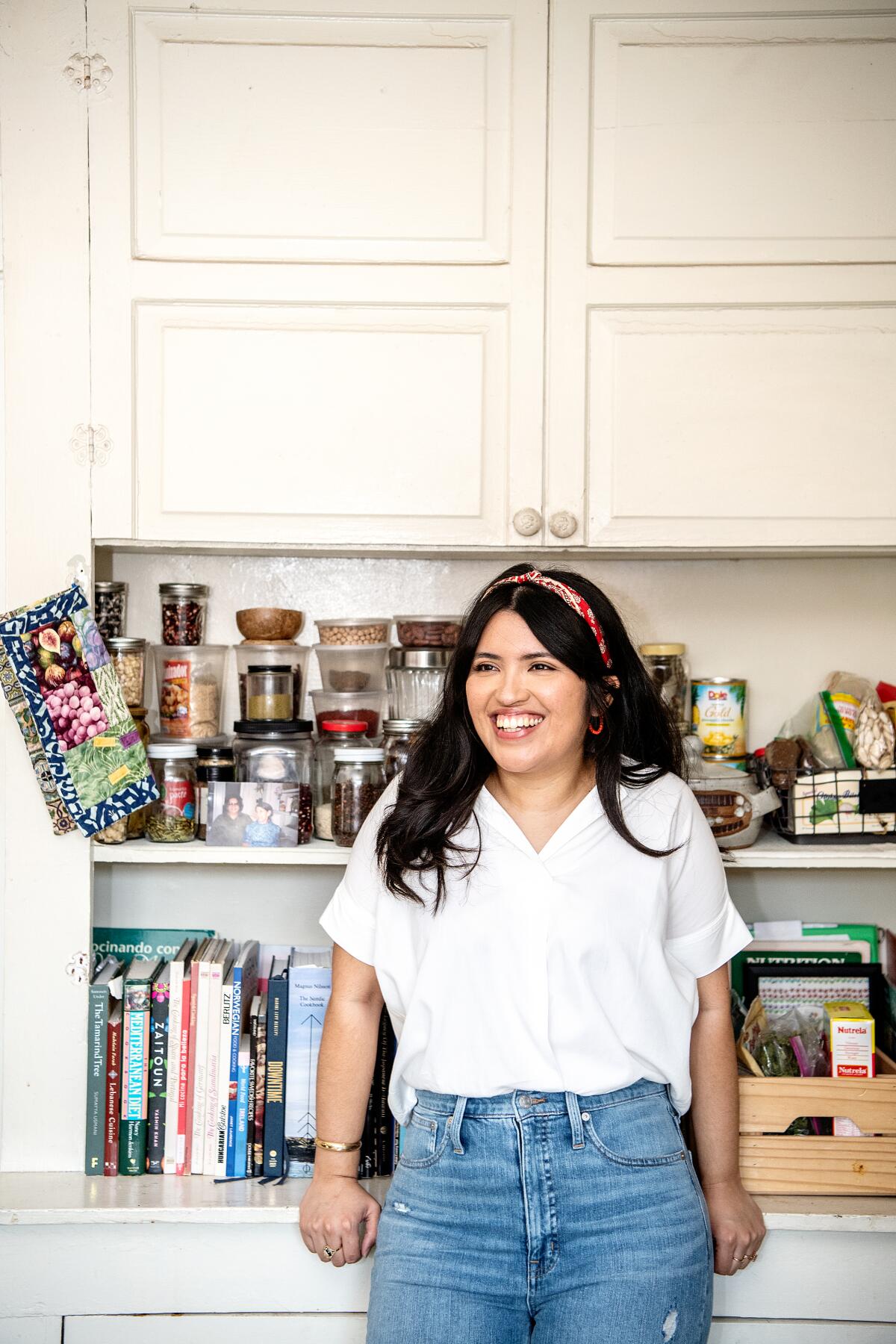
“I sometimes daydream about holding this book. I daydream about what the cover will look like, and the weight of the book on my hand. Sometimes I fantasize about smelling it,” Vasquez said, her voice trailing off.
“Right now it just feels like the goal posts keep moving further back and back.”
She gains renewed strength from what Mamá Lucy told her many years ago, when Vasquez first told her she wanted to write down all her stories and recipes: “This project is about preserving the very legacy of Salvadoran women.”
More to Read
Eat your way across L.A.
Get our weekly Tasting Notes newsletter for reviews, news and more.
You may occasionally receive promotional content from the Los Angeles Times.

